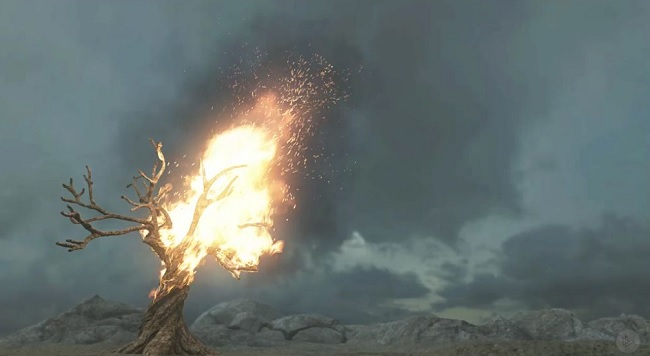
Whenever tragedy strikes in the world, we start asking the toughest of questions, and we often become unsure of what should be done to bring us back to a place of healing and peace. In some ways, the past few weeks have been no more difficult than any collection of days in the past few years. There were the deadly stabbings on the London Bridge last week, there have been more shootings in the US, and we can’t forget the flare up of attacks in Israel and the IDF response in Gaza. This of course is in addition to the daily wars and violence taking place in so many other countries around the world. Just another few weeks at the end of November in 2019.
What many of us fear the most is that what happens now has become so commonplace that we will either end up constantly living in fear, or simply be unable make sense of the endless tragedies and suffering which we encounter in our world. We don’t want to be in this difficult place.
As a community, Jews have experienced some of the worst violence and suffering throughout our history, and we are no strangers to the questions of how best to take action when we are confronted with pain. It is during times like these that we can bring ourselves back to the simple lessons of our tradition that guide us to a place of greater understanding of our place in the world and the ways that we can act.
Judaism gives us the freedom to fight back, and even acts of war to protect our own well being are justified under certain circumstances. Self defense and protection of our communities needs to be the priority. But the most profound challenge, and our most important call to justice, is to not jump ahead in our response to tragedy and be controlled only by fear and anger. We need instead to continue to seek out and care for those who are most in need in the world. There are still the migrants at our borders, there are still the homeless and hungry and there are still those who need our help close to home. Terrorists who commit acts of violence, the perpetrators of suffering and war want us to forget these people, to see some as the enemy and others as not worth our time, and they have said this in no uncertain terms. They want us to simply place blame and head down a different path. Yet, we have to remember that while our tradition asks us to fight to bring justice into the world, we also must also be careful to lead this fight with the deepest of compassion. Doing this in times of pain can be even more difficult, but our world needs it now more than ever.
Rabbi Jonathan Sacks, the former Chief rabbi of the UK, reflected a few years ago on the never ending news of violence and suffering in the world. Unfortunately, his words ring true today:
I used to think that the most important line in the Bible was “Love your neighbor as yourself”. Then I realized that it is easy to love your neighbor because he or she is usually quite like yourself. What is hard is to love the stranger, one whose color, culture or creed is different from yours. That is why the command, “Love the stranger because you were once strangers”, resonates so often throughout the Bible. It is summoning us now…Wars that cannot be won by weapons can sometimes be won by the sheer power of acts of humanitarian generosity to inspire the young to choose the way of peace instead of holy war.
The Jewish response to news of death and tragedy is Baruch Dayan haEmet, which can be interpreted as “I submit to this truth”. We need to remember that this is not a response of acceptance or resignation. It is instead a recognition that there is a truth in moments of pain that we cannot avoid. Grief cannot become an excuse for turning our eyes away from what we must learn and what we must do; we need to keep our eyes open to suffering, and be present to our own perspective of what we see in our world.
Above all, especially when our world gets the most confused and filled with so much pain, we can’t give up on the simple acts of compassion that are so important to keeping our lives whole. When we feel lost, when tragedy strikes in our world and we don’t even know what questions to ask, this is when we need to renew our focus. Focus on relationships, on family, on community, and the little daily acts of kindness and compassion that our tradition commands of us. We may not solve all of the world’s problems by working on these smaller deeds, but it will help us hold onto the spiritual strength to fight the even larger battles. The pathway to peace, even as we fight to defend this peace, starts close to home.
